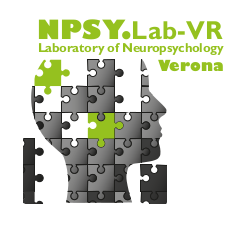In-principle acceptance from Cortex Journal
Authors
Gabriele Fusco, Michele Scandola, Hause Lin, Michael Inzlicht, and Salvatore Maria Aglioti
Abstract
Decision conflicts may arise when the costs and benefits of choices are evaluated as a function of outcomes predicted along a temporal dimension. When economic binary alternatives are offered in the present or in the future (e.g. Do you prefer 5€ now or 15€ in 120 days) people may show 4different decision strategies depending on how sensitive they are to the discounting effect of time. Electrophysiology studies suggest that during decision conflicts it is possible to record over the medial frontal cortex (MFC) a typical oscillatory activity in theta rhythm named midfrontal theta (MFΘ). Such activity may be an index of the processes underpinning top-down cognitive control. Tellingly, MFΘappears associated with the temporal dynamics of different brain areas, thus operating as a synchronizer during the request of control. Although the correlational link between activity in MFC and MFΘhas been demonstrated, their causal relation with conflict processing has yet to be deeply explored. A methodological approach that may fill this lack of knowledge is represented by the application of alternating current over the brain areas under investigation. The transcranial Alternating Current Stimulation (tACS) is an emerging, innovative technique that changes endogenous patterns of oscillatory activity by entraining neural networks acting on the behavioural performance in a frequency-dependent manner. In accordance with the Registered Report format, we propose a within-subject, sham controlled, cross-over study, in which we will explore the tendency to choose between economic offers during theta, gamma, and sham tACS, with the goal of modulating reaction times (RTs) and choice preferences when different levels of conflict, induced by combining specific delays and payoffs, occur. Hypothesis testing, sample size estimate and analysis of pilot results have been conducted using Bayesian statistics. We expect that our approach will advance the study of cognitive control and conflict processing during decision making.
